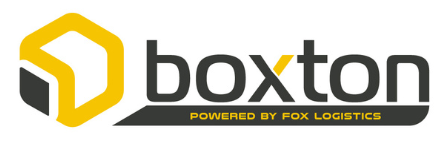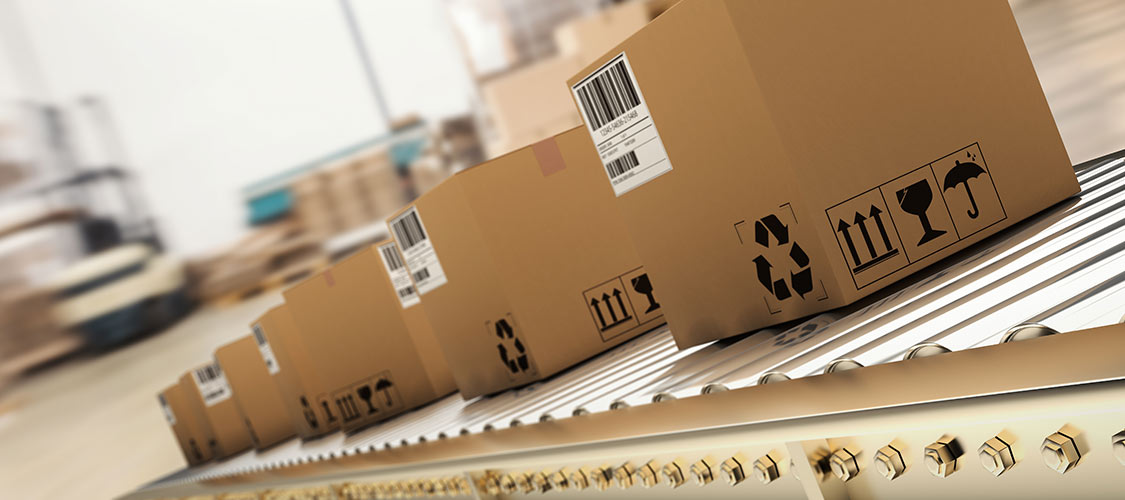There are a lot of terms in logistics which can be confusing, especially when you’re talking about bulk freight or other complex shipment types. At the top of the list, for new shippers, is understanding exactly what a Freight Forwarder is, and why should they worry about them. So let’s jump in …
What they do
In simplest terms, a freight forwarder is a broker who can help you manage the shipment process from start to finish.
Freight Forwarders will help you get your products from point A to point B using their networks. They can support the entire process (e.g. from pickup through delivery to your customer), or just part (e.g. getting products from a manufacturer to a dock or a warehouse) based on the particular situation. They can also help with customs, clearance, and other normal shipment related issues.
Forwarders vs. Carriers
The next piece to understand is the difference between a freight forwarder (FF) and a carrier.
A carrier is a company who actually owns trucks, planes, trains, etc. to move items from point A to point B. Freight Forwarders work with Carriers to move your items. Why this relationship? Well it would be really difficult for one company to buy enough trucks/planes/ocean liners, etc. to be able to service huge geographic regions, so it’s more effective to build relationships with different carriers (as well as potentially have some of your own vehicles) so you can cover more ground for your customers.
When you have a FF, you have access to their network of carriers.
3PLs
3PL stands for “Third Party Logistics” and indicates someone that plays a part in a company’s logistics process by leveraging different relationships. Most people use Freight Forwarder and 3PL interchangeable. More accurately, most Forwarders are 3PLs, but not all 3PLs are Forwarders. 3PLs for instance, can also include warehousing and fulfillment companies.
Technology Partners
Finally, beyond 3PLs you have technology partners (like Boxton) – sometimes called 4PLs. Boxton specializes in having a marketplace of pre-vetted 3PLs, as well as technology platforms to help you manage quote requests, shipment documents, tracking, etc. – with a focus of being able to use more than one 3PL at a time based on your need.
A main reason for considering a technology partner is that Forwarders often specialize in different geography’s and shipment types, based on how they’ve built their carrier network. If your company is doing a lot of shipping from multiple global locations then you should be working with multiple forwarders to achieve the best combo of price/value. Doing so can be costly without the right support system in place – which is exactly what a Technology Partner brings to the table.






